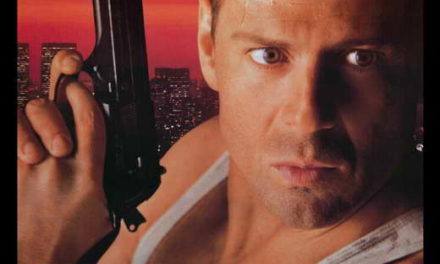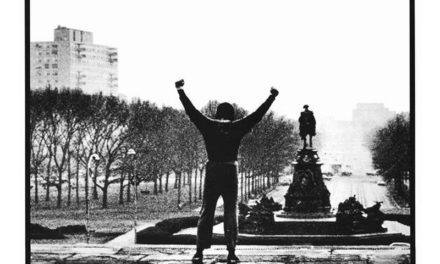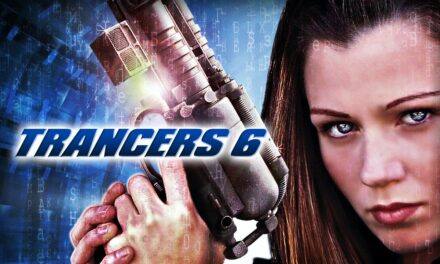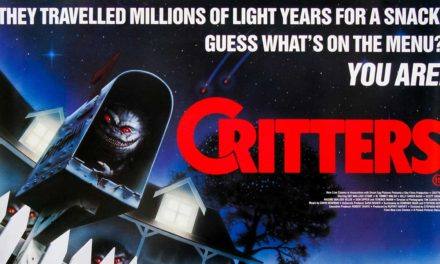Filmmaking can have its own set of challenges, and sometimes a film’s production history can even transcend the film itself. Films like Cleopatra, Waterworld, Apocalypse Now, Alien 3, World War Z, and even Jaws are prime examples of troubled productions. While a film can overcome its troubled production and earn classic status, it more often than not ends in disaster. Enter Michael Cimino, a TV commercial director who made his cinematic debut with Thunderbolt and Lightfoot in 1974. While that did well, his next film, 1978’s The Deer Hunter, sent him into superstardom and made him a name. On a $15-million budget, the film grossed $49-million and earned five Academy Awards, including Best Director and Best Picture. With that success, United Artists gave Cimino free rein for his next film, so he set out to make his epic. That film wound up being the notorious box office flop, Heaven’s Gate.
%
Rating
Synopsis
In 1890, James Averill (Kris Kristofferson) has been made marshall of Johnson County, Wyoming when he stops in Casper. He gets word from his college friend Billy Irvine (John Hurt) that the Stock Growers Association is planning something big. Turns out Frank Canton (Sam Waterston), head of the association, is putting together a “death list” of 125 immigrants. Canton is putting together a group of outlaws led by enforcer Nate Champion (Christopher Walken) to hunt down these immigrants. Meanwhile, Averill reunites with old flame Ella Watson (Isabelle Huppert), a bordello madam who is also infatuated with Nate. As tensions rise between the immigrants and the association, it’s soon revealed that Ella is on the death list. Soon, it falls on Averill to lead the immigrants to fight against the association while Champion questions his loyalty. Will the immigrants survive, will the association succeed, and who will Ella end up with?
Review
Heaven’s Gate is a film so notorious for its production history and lasting impact that there’s nothing I can add. With a final budget of $44 million, you can see the money on the screen, given the epic production design. The sets feel like real, lived-in Western towns that are straight out of the late 1800s, every detail spot on. For everything that’s been said about him, it’s undeniable that Cimino was a talented director who could frame a scene. Working with Oscar-winning cinematographer Vilmos Zsigmond, Cimino fills the screen with wide vistas that take advantage of the filming locations. The cast does an admirable job, Kristofferson making for a strong lead, though Walken completely steals the show. Though oddly cast given her nationality, Huppert does a good job and has good chemistry between Kristofferson and Walken. Waterston and Hurt, though having limited screentime, make the most of it.
The rest of the cast is rounded out by Brad Dourif, Joseph Cotton, Jeff Bridges, Geoffrey Lewis, and Richard Masur. There are even some early appearances from Terry O’Quinn, Mickey Rourke, Tom Noonan, and Willem Dafoe, though he was fired. As much as I admire his attention to detail, it’s easy to see why Cimino was so problematic. With its three-hour-thirty-six-minute runtime, the film feels bloated, unfocused in its plot, and like it’s dragging its feet along. For instance, Ella isn’t introduced until an hour in, and only at the one-hour-forty-five-minute mark does anything plot-related happen. However, the way it’s structured, it almost feels we’re being transported into this other time following these characters. Despite its bloated nature and troubled production, this is still a fascinating piece of cinematic history given its notoriety. Overall, Heaven’s Gate is probably more suited for hardcore cinematic connoisseurs than general audiences.
Buy Heaven’s Gate from The Criterion Collection: https://bit.ly/3jy35VR




